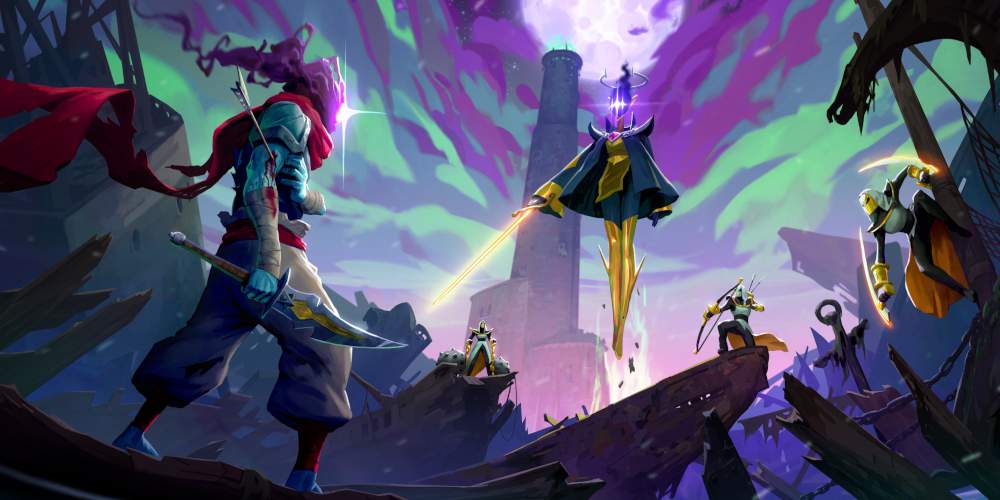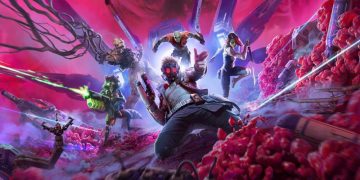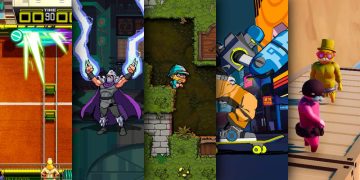In case you hadn't noticed, the humble roguelike has almost entirely taken over video games. Regardless of what type of game genre you find yourself playing, there's a good chance someone has made a roguelike variant of it.
And there's a good reason for this: the endless replayability that comes with roguelike features can make for games that last.
You won't find many true roguelikes on Xbox Game Pass (what's a true roguelike?), but you'll find plenty of roguelike-likes, roguelites, and other kinds of games that incorporate roguelike elements.
So yes, we're playing fast and loose with the term here, but even purists will surely find something to love in these Xbox Game Pass games!
10. Skul: The Hero Slayer
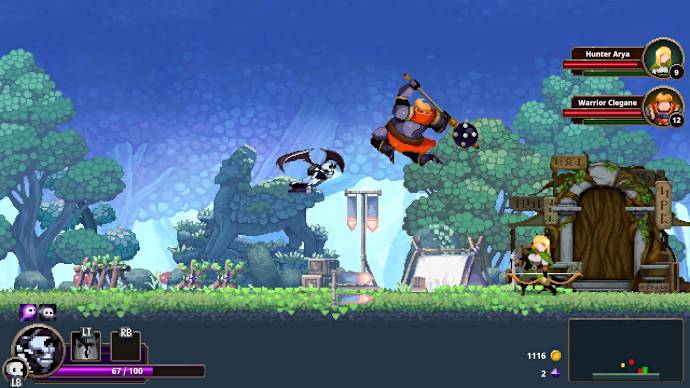
Games like Skul: The Hero Slayer used to be far less common. Here, you don't play as a plucky hero but rather as a skeleton—the same kind of skeleton that's often part of an undead horde that swarms those heroes.
This is an action platformer first and a roguelike second, but you'll find plenty of replayability thanks to the game's roguelike elements. If you've already beaten Dead Cells a few times, this one should be next.
9. Dandy Ace
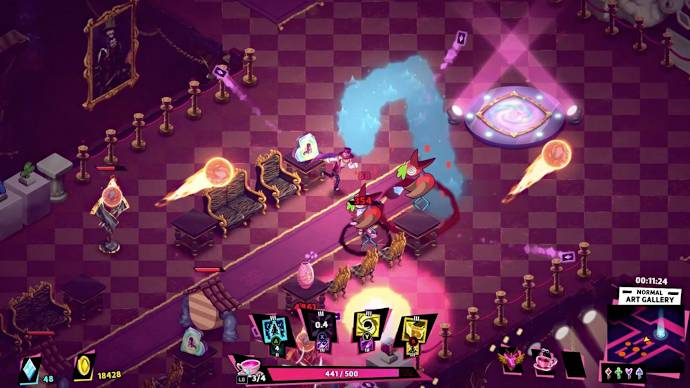
Dandy Ace is another action-heavy title on Xbox Game Pass, but it's more true to its roguelike ancestors than most of the other games we've picked. The main differentiator here is the game's colorful, magic-inspired aesthetic that totally makes sense given that you play as a magician.
Gameplay-wise, you'll notice plenty of similarities to Hades, which we've included later down this list. While Hades is the better game, there's enough here that's unique and so it's well worth playing both.
8. Neon Abyss
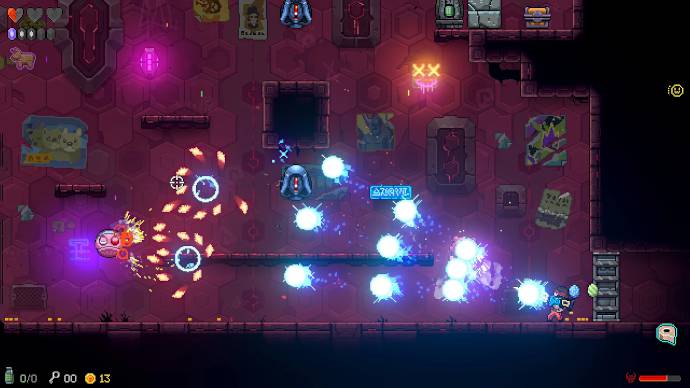
When it comes to Neon Abyss, we'll admit that we're stretching the definition of roguelike—even further than we already were!
Yes, there are procedurally generated rooms you fight your way through, but procedural generation is only one of the handful of features that count toward roguelikeness. Neon Abyss is much more an action platformer than it is a roguelike, even when compared to games like Dead Cells.
That said, if you find most roguelikes are too slow for your liking, the fast-paced nature of Neon Abyss should be right up your alley.
7. Going Under
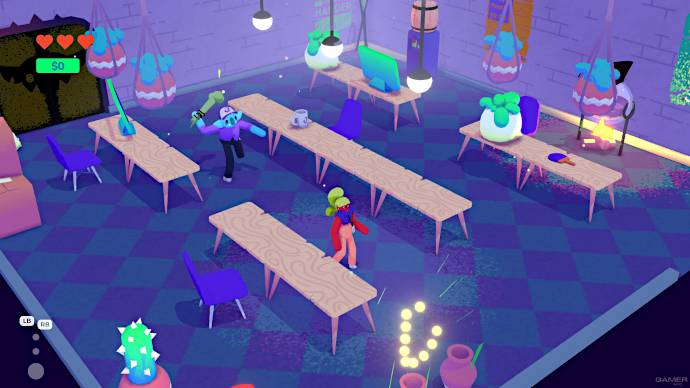
Most roguelikes take place in dank caves or dark dungeons—you know, the kinds of places you don't want to spend a lot of time in.
Going Under opts for a different setting that's a lot more modern: a cutting-edge startup. Okay, most startups don't have a basement dungeon that's filled with monsters, but hey, you never know.
The game goes for a chunky aesthetic that's quirky even by indie game standards, reminiscent of games like Untitled Goose Game. But gameplay-wise, it has a lot in common with Hades and other action-heavy roguelikes.
6. ANVIL: Vault Breaker
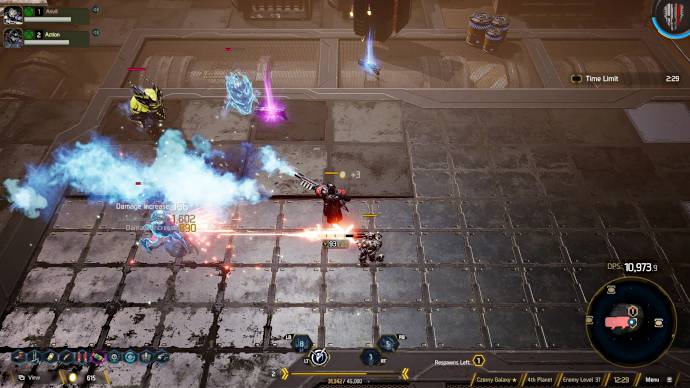
ANVIL: Vault Breaker is still in Early Access, but the game is plenty fun to play already. As yet another game with an action-heavy slant, ANVIL: Vault Breaker feels like a mix between a standard action roguelite and Helldivers, thanks to its presentation.
One of the main differences between ANVIL: Vault Breaker and other similar games is how much the weapons vary, making you feel like you're playing different classes across the same run.
5. Spelunky 2
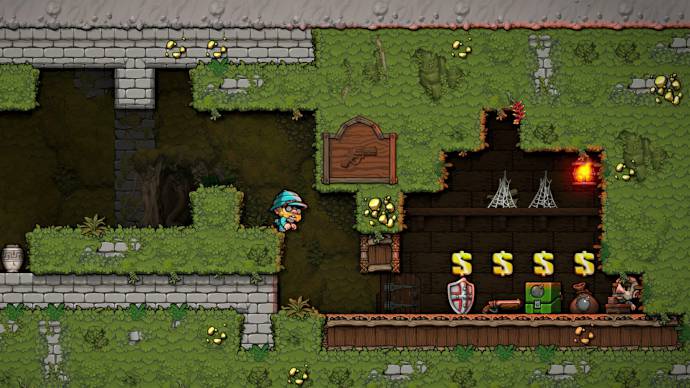
I know plenty of people are going to say that Spelunky and Spelunky 2 aren't roguelikes. And you know what? I agree! But the game's own marketing materials refer to the original Spelunky as "a roguelike classic."
Regardless of what you think about the term, Spelunky 2 is a fantastic game, even if it's far more difficult than the original while not quite living up to the standard set by that first game.
You still get the same unique challenges and random elements that were core to the original, but if you've played a lot of the first game, the novelty will wear off quick and start to feel a bit stale.
4. Slay the Spire
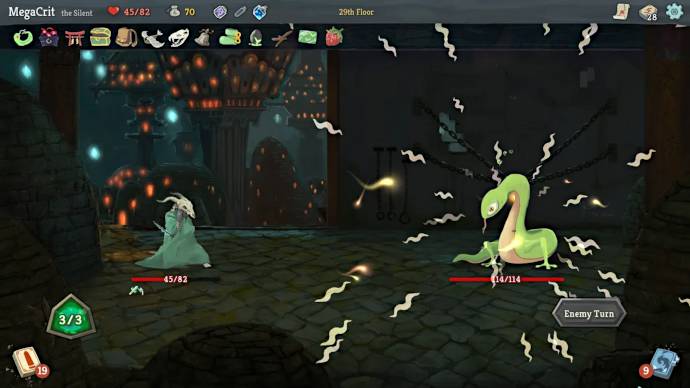
Slay the Spire is a card game first and foremost, but the influence of Rogue and the games that followed in its footsteps are clearly evident.
Choosing whether to fight a tough boss (and risk your life for a chance to win the treasure it's guarding) or taking the safe path to rest up and tend to your wounds isn't a situation you'd normally face in typical card games.
As with any good roguelike, finding the right build—or, in this case, deck—is key to everything. Expect to fail plenty of times, but the game is so cleanly designed that you'll be compelled to try Just One More Time™ to reach the end, over and over again.
3. Dead Cells
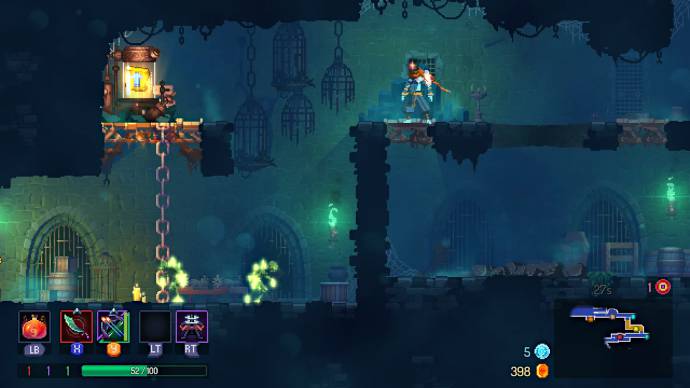
If you're reading an article about roguelikes on Xbox Game Pass, chances are good that you're overly familiar with Dead Cells already. But if you still haven't played Dead Cells, then you need to get around to playing it ASAP.
Even if you've played before and it's been a while since you last jumped in, take this article as a reminder to go revisit it.
Dead Cells is as much a metroidvania as it is a roguelike, and that's partly why it keeps you coming back. Its replayability is off the charts, which you're probably well aware of even if you've only heard of Dead Cells.
2. Loot River
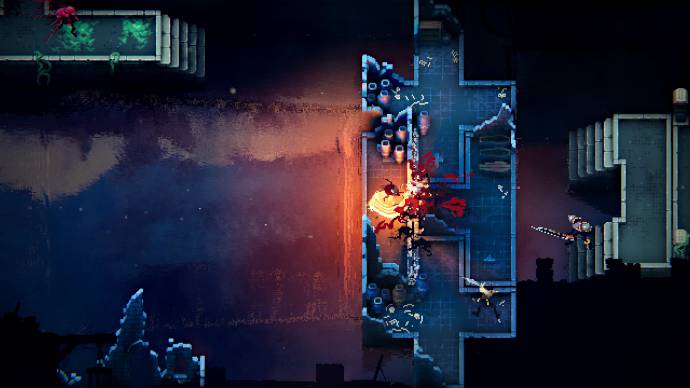
Loot River might be action heavy, but it's simultaneously one of the most traditional roguelikes and one of the most unique games we're looking at in this article.
As its name implies, Loot River takes place on a river. But what you probably didn't realize, even from its screenshots, is that you're moving pieces of the level around—almost like they're Tetris pieces—to navigate the world.
What makes Loot River feel so much like a roguelike is the oppressive nature of its game world. The more you play, the deeper you dive in... and at some point it starts to feel as if you may never come out.
1. Crown Trick
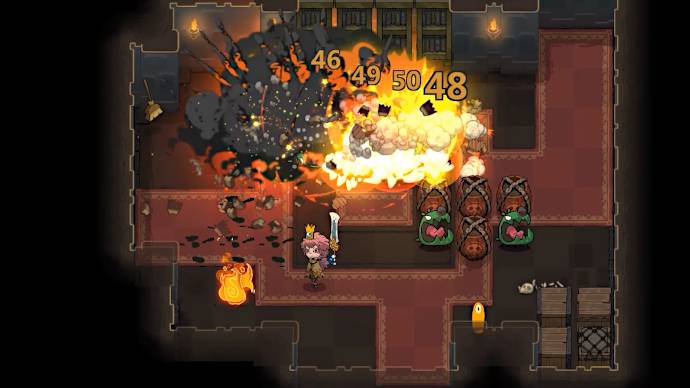
Unlike most of the games we've looked at above, Crown Trick wears its roguelike roots on its sleeve.
It's a grid-based tactical RPG where monsters and traps only move when you move, exactly like in the original Rogue. You can take as much time between turns, but the game doesn't feel turn-based—there's a dynamic aspect that feels more actiony than you'd expect at first.
Crown Trick makes good use of its premise (along with the clever inclusion of a "Skip Turn" button) to create environmental puzzles that fit within its roguelike trappings but feel uniquely its own.
